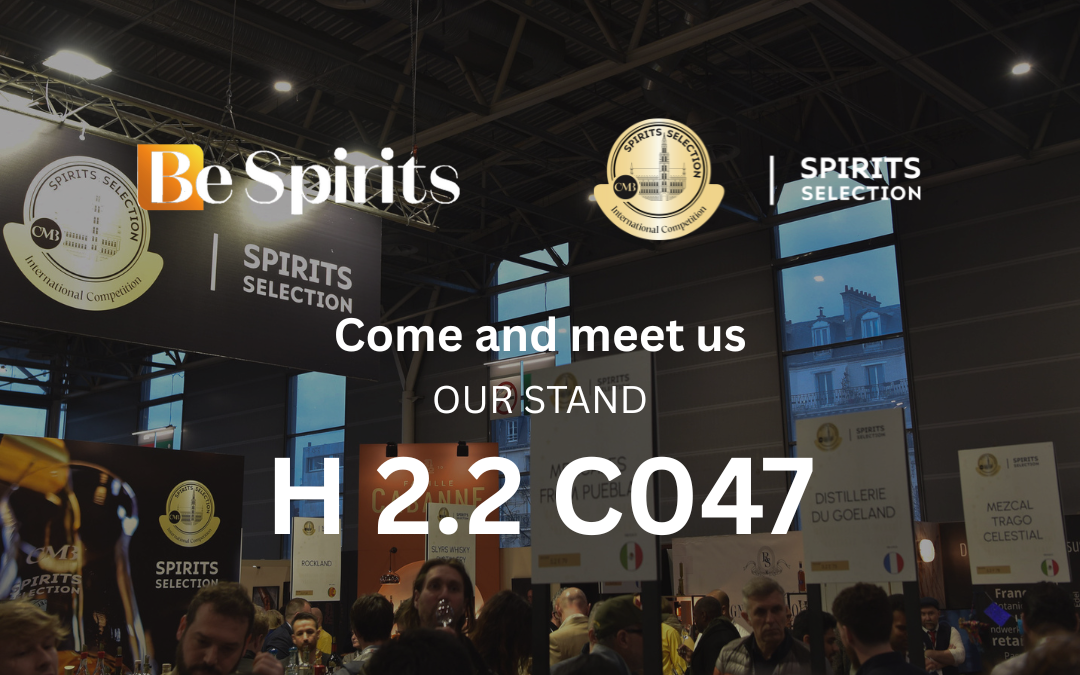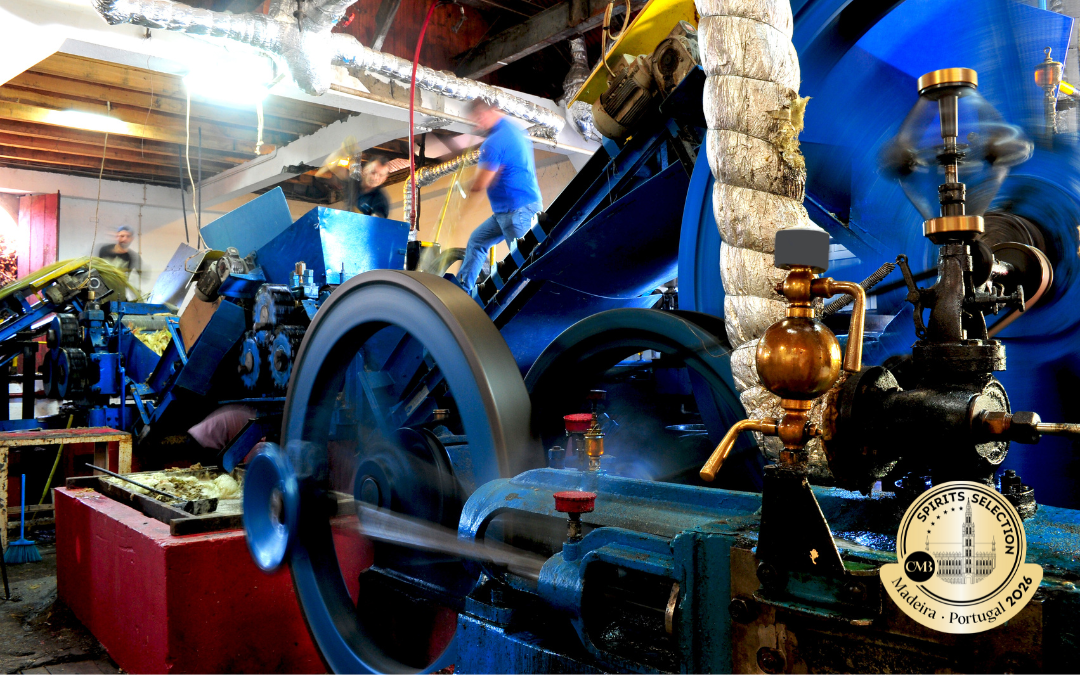Why Understanding the Real Value of 100% Agave Tequila Matters in Europe
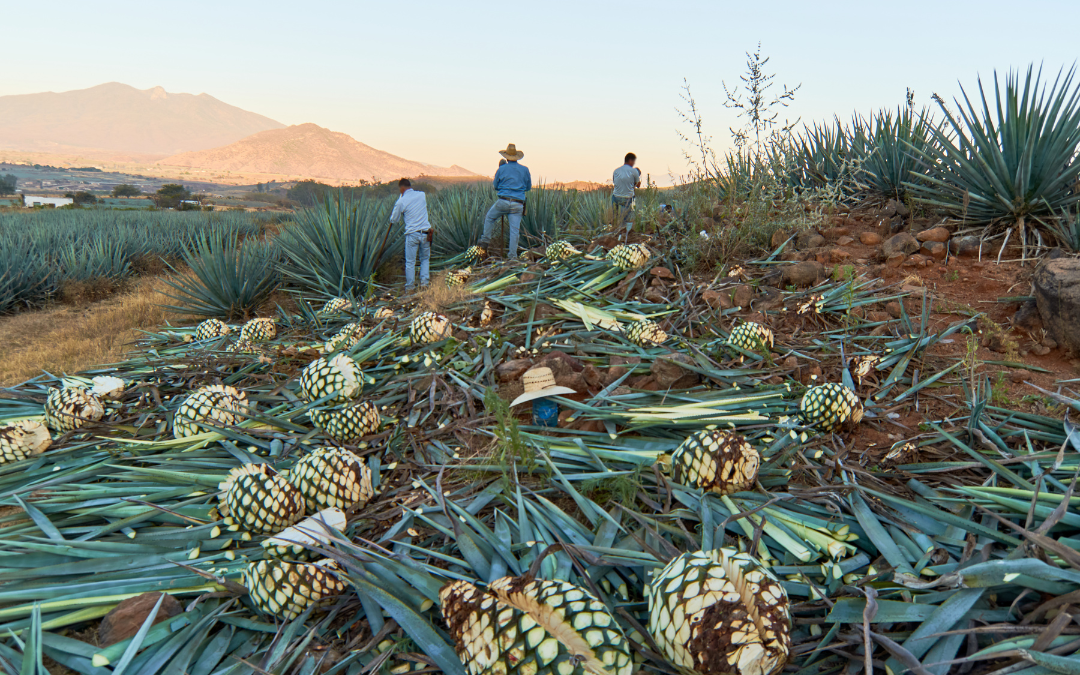
Ana G Valenzuela-Zapata
An informed opinion from long-term research: cultural heritage, regulated identity, and production prestige deserve recognition
In Europe, it’s still common to see tequila treated as a party shot. But since I began investigating comparative systems of denomination of origin for European spirits and Mexican agave spirits during my doctoral studies between 2003 and 2005, and continuing to publish on this topic, I have sought to open a different perspective: these spirits are not just drinks—they are living cultural documents, shaped by time, territory, and technique.
After years of field research and documentation, I’ve come to learn that only in Mexico do we find distillates protected by rules that guarantee identity, geography, and artisanal lineage. These are endemic spirits, developed since the 16th century, and they deserve a more informed approach in global markets—especially in Europe.
100% Agave: A Different Price, a Different Logic
Tequilas labeled “100% agave” are made entirely from the sugars of Agave tequilana Weber. That’s not just a technical fact—it’s a foundation of quality. These spirits are tied to specific distillery regions with reputations built over decades, often involving family traditions and community labor.
From the time required to grow each plant to the fermentation and slow distillation methods, this category holds a precision that demands care, time, and knowledge. The resulting price reflects that depth.
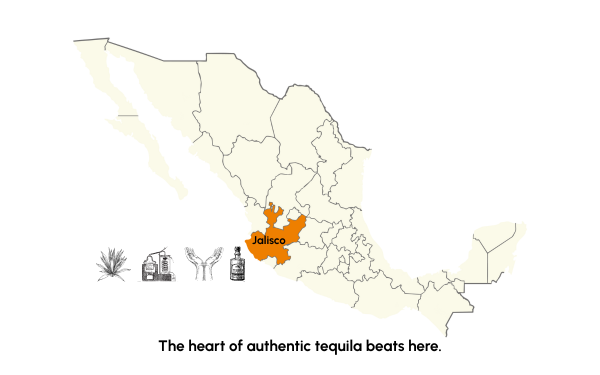
Growing Demand in Europe: Italy and the UK Leading the Way
Recent market data shows that both Italy and the United Kingdom have significantly increased their imports of 100% agave tequila in the last five years. According to industry reports, Italy’s imports of premium tequila grew by over 30% between 2018 and 2023, reflecting a shift among Italian consumers toward high-quality, authentic spirits with strong cultural identities. Similarly, the UK has seen an even more dynamic growth, with imports of 100% agave tequila rising approximately 40% in the same period, driven by an expanding consumer base valuing craftsmanship and transparency.
United Kingdom
According to Grand View Research, the UK tequila market reached USD 287.8 million in revenue in 2024, with a projected compound annual growth rate (CAGR) of 9.8 % from 2025 to 2030.
Additionally, research by EssFeed reports that in 2025, the UK imported over USD 400 million worth of 100 % agave tequila, highlighting the country’s growing demand for premium, authentic products.
The Spirits Business also noted that Altos—the Pernod Ricard 100 % agave line—grew 22 % in UK off-trade value in 2023, demonstrating consumer preference shifts toward higher-quality agave spirits.
Italy
Per EssFeed data, in 2025 Italy imported more than USD 80 million of 100 % agave tequila, signaling a substantial uptake among Italian consumers attracted to premium tequila expressions
This growing demand illustrates how European consumers are moving away from lower-priced mixto tequilas and increasingly prefer products that emphasize origin, artisanal production, and heritage. For distributors and educators, this trend underscores the importance of clear communication about tequila’s authenticity and production methods.
Mixto Confusion: A Price Illusion
In contrast, tequilas that are not 100% agave (commonly known as mixtos) contain only 51% agave sugars, and the remaining 49% comes from other sugars like cane or corn syrup. While legally allowed, this practice leads to products disconnected from any particular region or story, often presented in generic bottles and sold at a fraction of the price.
Their presence in bars and supermarkets across Europe distorts consumer understanding, making true 100% agave tequila seem expensive or niche, when in fact it is priced in line with its production value and historical context.
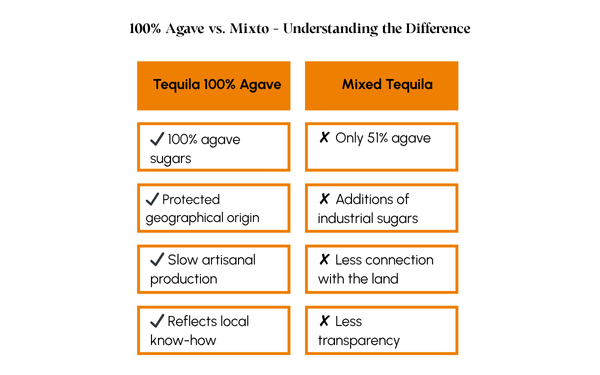
Packaging, Reputation, and Cultural Cues
In my previous posts, I discussed how the experience of drinking these spirits is deeply exotic for European consumers, not because they are “foreign,” but because they come from a place where production is still tied to origin, regulation, and ritual.
The bottles themselves—often made with attention to visual symbolism, respectful of regional identity—are part of the message. Packaging in this category is not just aesthetic; it’s a tool of communication that supports transparency and heritage.
Education Is Not Elitism—It’s Cultural Justice
We must explain the difference in value. We must teach buyers, sommeliers, bartenders, and even journalists how to read a label, how to distinguish between legally protected identity and commercial ambiguity.
Because supporting 100% agave tequila is not just about taste—it’s about defending regional economies and safeguarding cultural continuity.
The Next Time You See a Bottle…
Ask more than the price. Ask about origin, about labeling, about production region. The real value of tequila lives not in the speed of a shot, but in the slowness of its making. Europe knows how to honor spirits with story—now is the time to do the same for tequila.

Mezcal, Tequila and Agave and Sotol Spirits Author
Ana G. Valenzuela is not only a leading agronomist but also a compelling writer who bridges the gap between science and culture. Her works explore the intricate relationships between plants, people, and traditions, particularly in the context of Mexico’s tequila and mezcal industries. Her seminal texts delve into the natural history, economics, and cultural significance of agave and its role in tequila production. Combining rigorous scientific research with deep appreciation for traditional knowledge, she makes complex topics accessible to a broad audience.
In addition to her writing, Ana offers specialised educational services focused on agave spirits, designing training programs for professionals and enthusiasts alike to deepen their sensory and cultural understanding of these unique beverages. She also serves as an international judge at the prestigious Concours Mondial de Bruxelles for spirits, bringing her expert palate and knowledge to one of the industry’s most respected competitions. Through her multifaceted work, Ana continues to inspire a deeper understanding of sustainable agriculture, cultural heritage, and the art of agave distillation.
